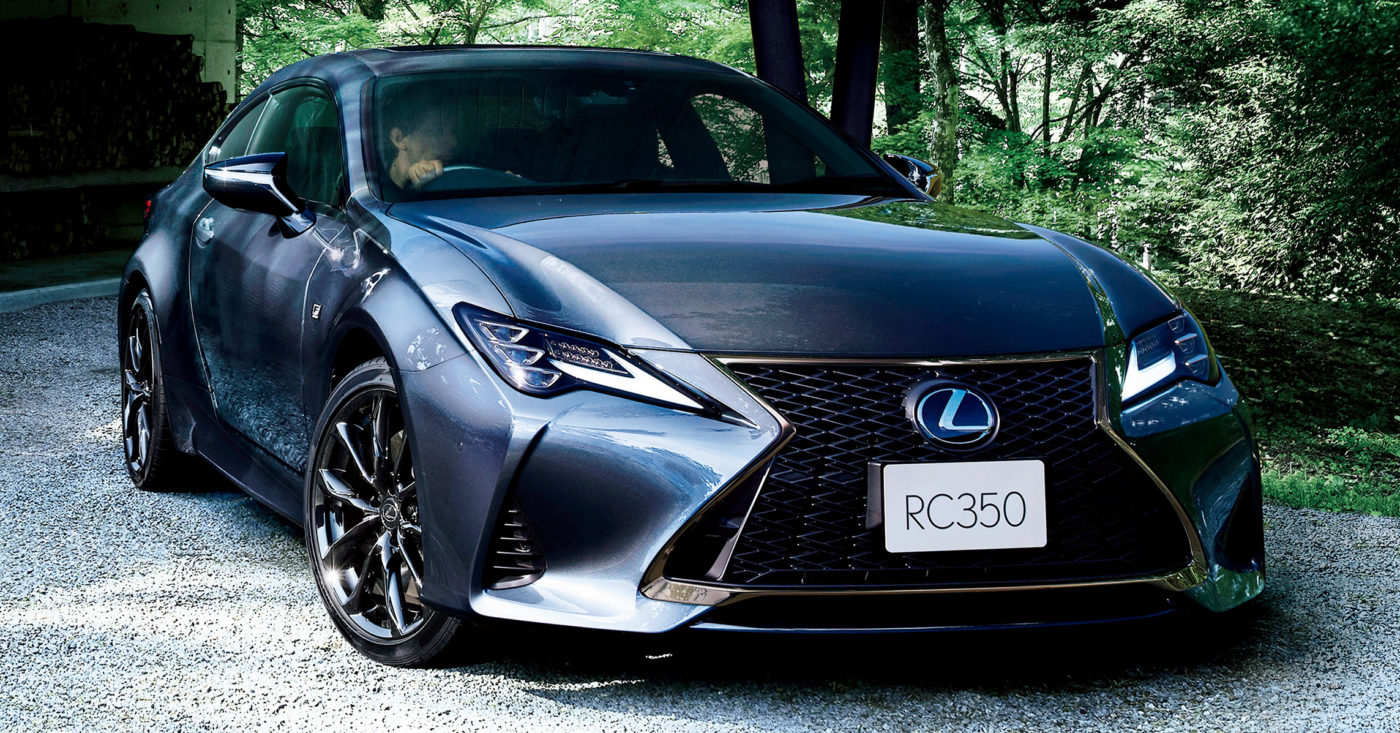The car industry has drastically changed since the 1980s. With limitations on trade, there was a cap on the number of foreign vehicles being imported into the United States in order to boost local business for American-made cars. Consumers preferred foreign cars because they believed these to be of higher quality.

Whether you are interested in a domestic or foreign car, having a spray ceramic coating would be a great automotive paint protection. It will prevent scratches, dust, environmental pollution, acid, and even UV rays, and most importantly, it increases the resale value of your car years down the road.
You can also check Best 10 Ceramic Coating Brands for your car purposes.
You should know that American companies have manufacturing portions overseas and vice versa. Foreign companies also have factories all over the United States. So one way to really differentiate between domestic and foreign cars is the philosophy behind the brand – the performance, technology used, electricity-powered, etc.
With that, let us briefly look into the pros and cons of domestic vs. foreign cars.
Pros of Domestic Cars
- Better SUVs and Trucks. If your lifestyle or job requires a bigger car, you are better off purchasing from GM, Ford, or Fiat-Chrysler who are now focused on producing SUVs and light trucks over passenger cars. American tariffs have also been put in place, making it more expensive to buy such vehicles from European companies, so this market is heavily dominated by American and Japanese brands.
- Supporting the U.S. Economy. Of course, buying American-made items is one substantial way to support the local economy. While domestic companies also manufacture parts abroad, their headquarters, labs, and offices are located in the United States.
- Lower Cost for Parts and Repairs. Parts for domestic cars are most likely cheaper and more accessible compared to the more expensive vehicles from Europe or Japan. It will surely be less of a headache to get something replaced or repaired if this can be done locally.
Cons of Domestic Cars
- Lower Global Rankings. Unfortunately, American brands are struggling in global rankings for performance, road tests, and owner satisfaction and reliability. They have been reported to need more repairs and higher potential to replace your car sooner.
- Worse Fuel Efficiency. Foreign cars have better gas mileage because American cars typically use more gas and there hasn’t been a local shift towards electric and better fuel-efficient cars.
Besides the domestic cars, you will also want to take a look at the pros and cons of foreign cars.
Pros of Foreign Cars
- Top-Ranking Vehicles. In the past few years, the top-ranked vehicles are Audi, Lexus, Porsche, Genesis, and Subaru (in no particular order), receiving the highest ratings for performance and consumer satisfaction.
- Better Reliability. Unlike domestic cars, Japanese cars have the best reliability in the market. Customers are found to need less repairs, thus having a higher resale value in the future.
- More Affordable. Asian cars are typically less expensive with an average of $10,000 lower than the average prices for American cars.
Cons of Foreign Cars
- Difficult Parts Replacement and Repairs. There is a potential challenge to be faced if vehicle parts are made overseas. It will cost more and take longer, not to mention the tariffs present in global trade.
The Bottom Line
It is certainly up to your lifestyle if you would be better suited with a foreign or domestic car. We recommend looking at the brands and models available in your area and how the value and usability fares with your needs.
Facebook Comments